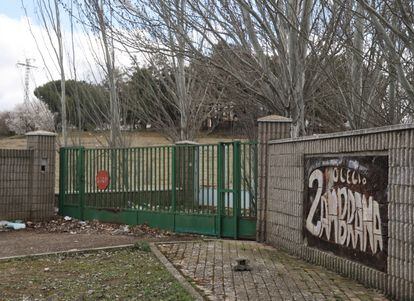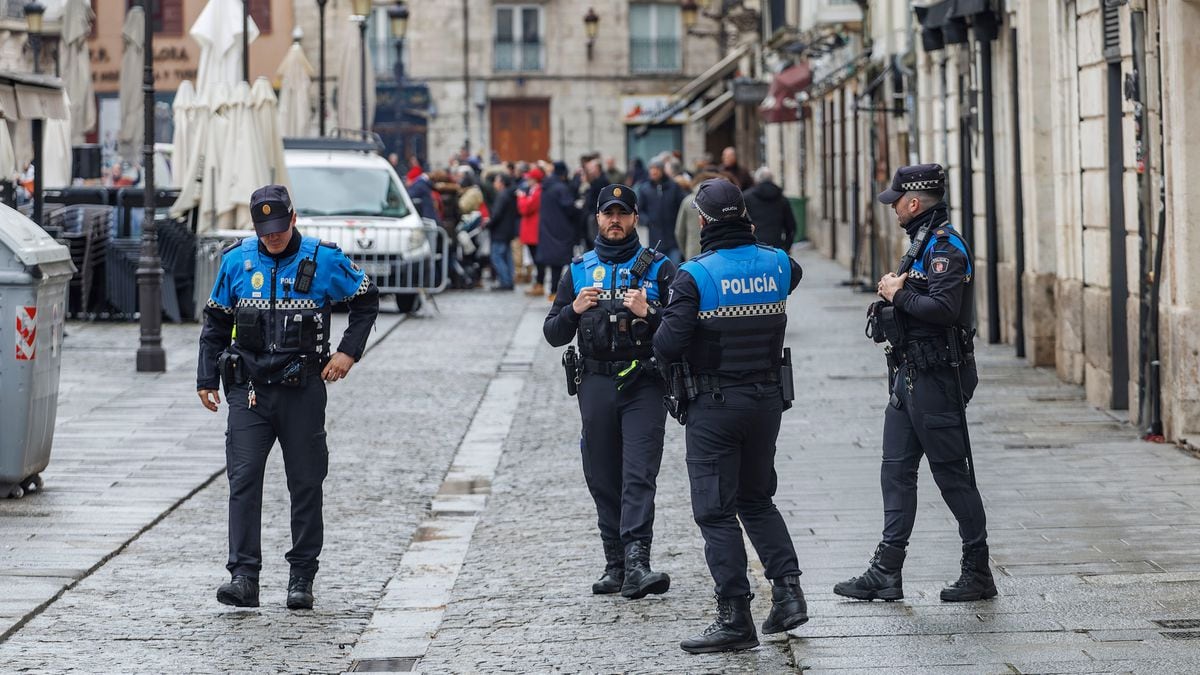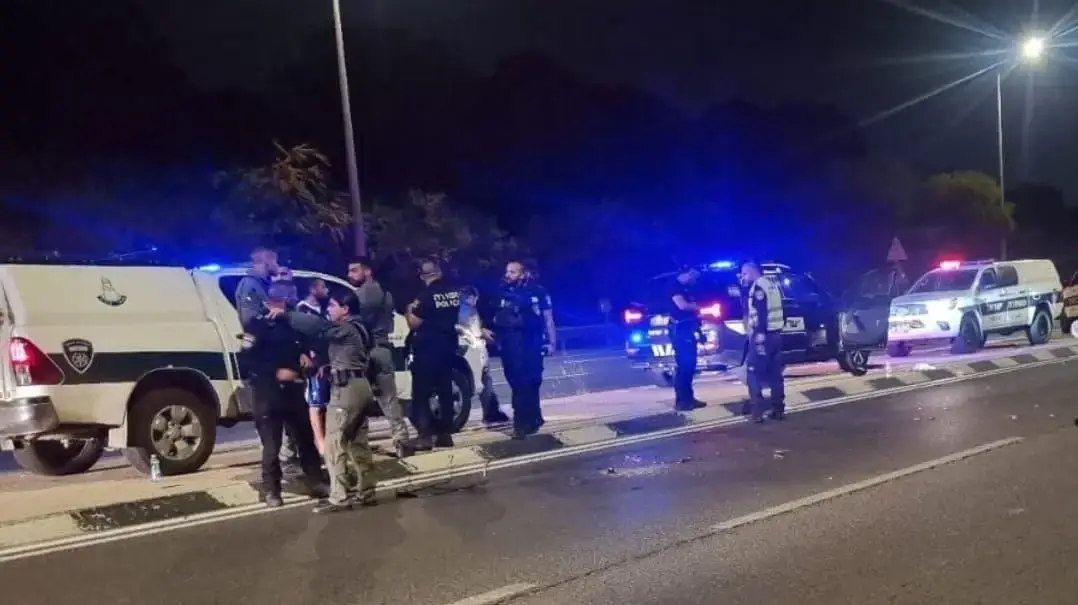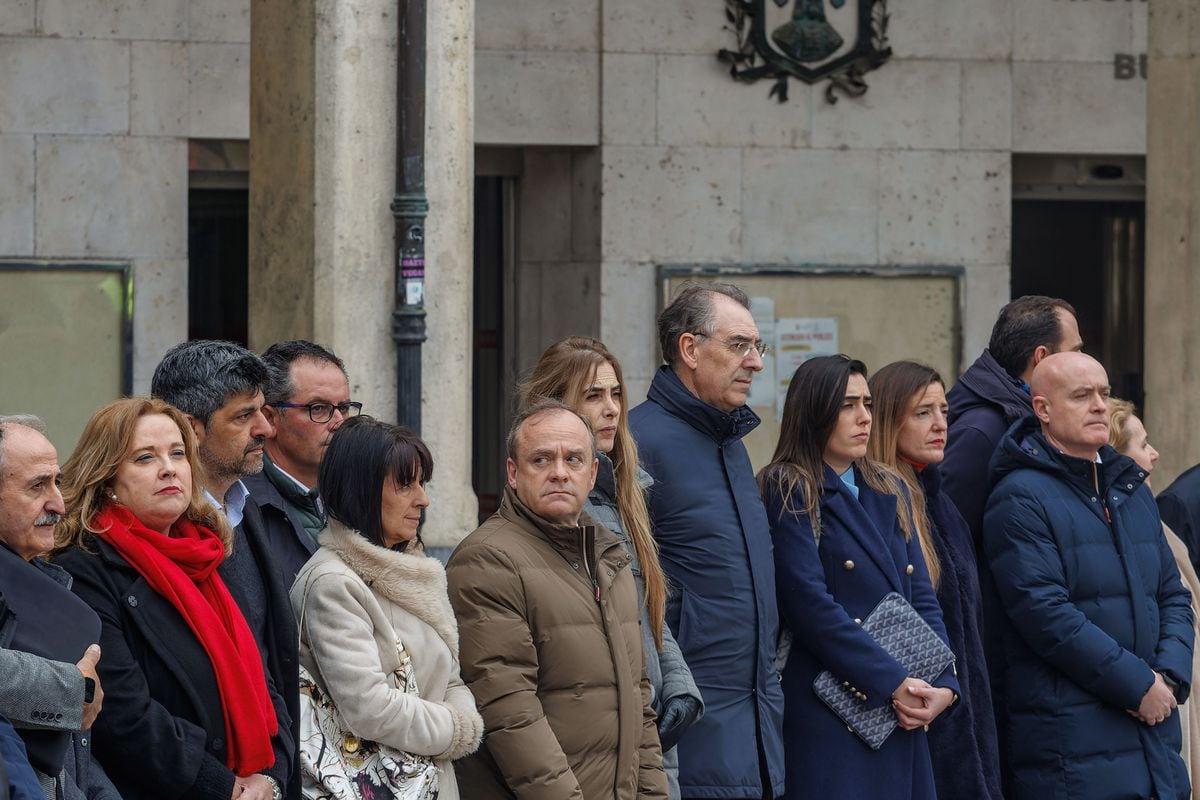Entrance to the Zambrana Regional Center for Juvenile Offenders in Valladolid, where a young man of Tunisian origin died last Thursday.PHOTOGENIC (Europa Press)
The preliminary investigation of the death, last Thursday, of KD, a 14-year-old boy in the Zambrana juvenile center in Valladolid, does not reveal, in the absence of knowing the autopsy, possible excesses of the security guards who reduced and handcuffed the young man to placate a violent outburst of this.
The internal report of the center, dependent on the Junta de Castilla y León, and which is already in the hands of the judge instructing the case, "does not attract attention or is strange," according to sources close to the investigations.
The minor, of Tunisian origin, had undergone surgery for a gastric problem in Switzerland before arriving in Spain on November 29.
More information
The handcuffed death of KD, the 14-year-old boy with heart problems
The Family Ministry reported from the beginning that the young man, who passed into the care of the Board on December 1 and had been in the Zambrana for a few months, had been involved in multiple previous violent incidents that required physical intervention by the guards.
In the last Thursday night, the three monitors in his charge notified the guards and they reduced him at first with handcuffs, after failing to hold him by force.
Once subdued, they were removed, but the boy became violent again and was handcuffed again, according to the Administration's account.
There he lost consciousness and ended up dying despite resuscitation efforts.
The report indicates that the intervention lasted "about five minutes", something that for sources familiar with these actions is reasonable, since they always try to make them last "the minimum indispensable".
"Mechanical reductions are normal, we must understand that we must end this violence [of young people]," these informants insist.
Sources close to the Valladolid Juvenile Prosecutor's Office reiterate that the Zambrana does not have a high history of serious incidents: "There are no episodes of excesses."
The protocols for violent outbursts require that caregivers, mostly social educators, sign a report in which they report what has happened, why they complained to the agents and if they committed abuse.
The center is located on a huge plot next to a depressed area of the city.
High walls prevent the escape of those approximately 300 minors who pass through there annually.
A worker who is going to enter his shift asks that this type of facility not be demonized due to the particularities of the inmates.
"The Zambrana is very guaranteeing, I am going to tell you that, but they have asked us not to talk," says this person, who twists his face out of sorrow at remembering the deceased young man, with whom he had had contact during his stay.
"I would put my hand in the fire for the guards," he concludes.
The eyes fall on the two men who tried to dominate the kid.
None has returned to work since then and, according to sources close to them, they await the summons to testify "convinced that there is nothing irregular and that they followed the protocols."
This office allows the use of force with "proportionality" and at critical moments.
The two involved have been in their position for several years and know that "it is not the first time nor will it be the last, they are seasoned in this", according to their colleagues.
The security guards must have a specific surveillance degree in internment centers and they have refresher courses of 20 hours per year.
According to their surroundings, the two operators knew that “the boy was a doctor”, since he had been operated on for a gastric problem in Switzerland and received regular health visits to monitor his conditions.
However, they did not know about these alleged heart diseases that the Family Counseling has put forward as a possible cause of death.
Zambrana sources criticize that restraints were often made with inmates face down, a practice that is discouraged due to the high risk of suffocation.
Those who work in juvenile centers assume that it is a difficult place and that it leads to complex scenarios, but they ask to wait for the autopsy and the judicial decision before making a statement: “They are minors deprived of liberty, they cannot be deprived of more Rights".



/cloudfront-eu-central-1.images.arcpublishing.com/prisa/FVTGNSYXBLFXCPTUQ3UJBSUKBY.jpg)
/cloudfront-eu-central-1.images.arcpublishing.com/prisa/AYJF2FZMGVEWRAT7ZBZMYNNGRM.jpg)



